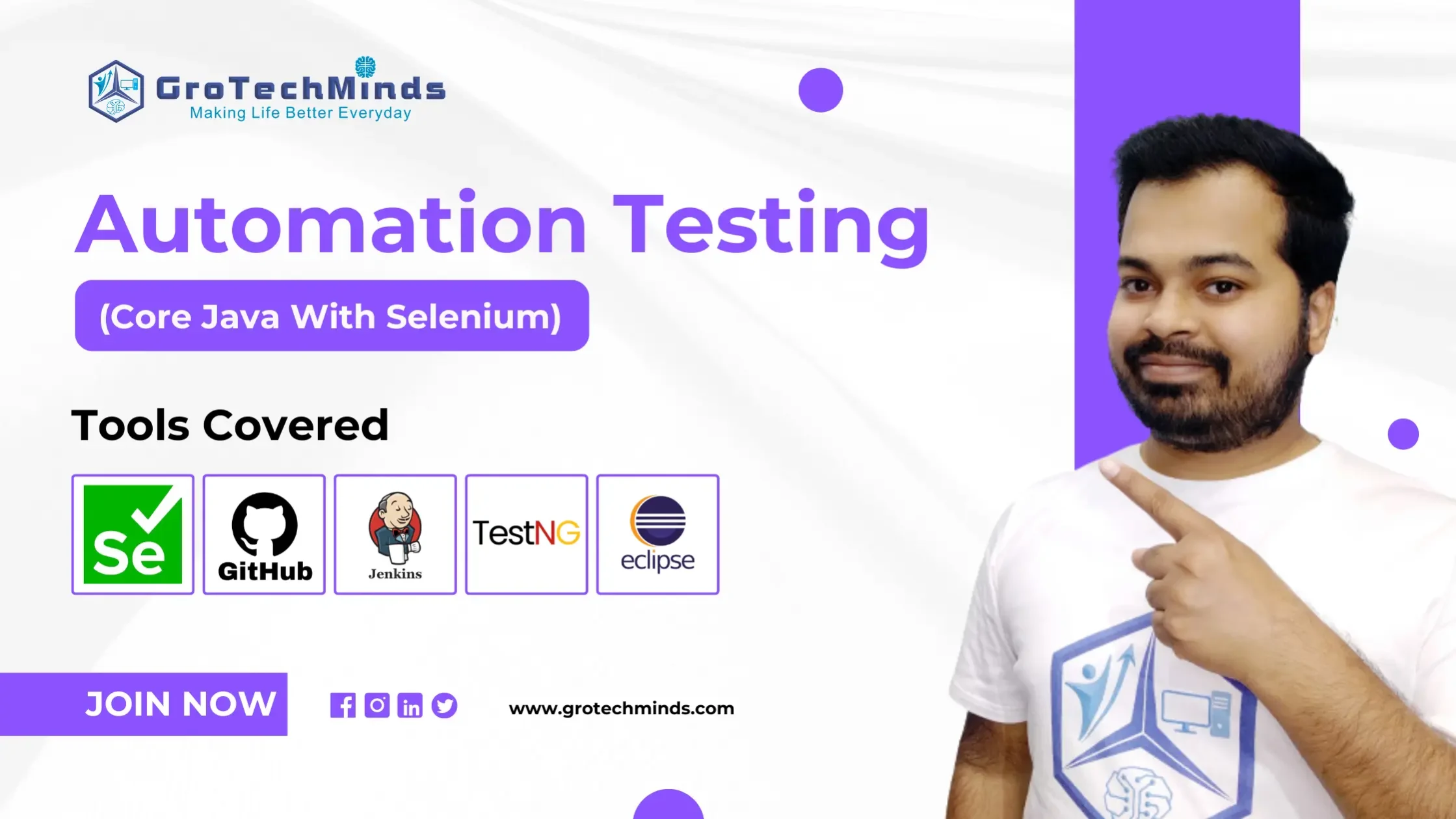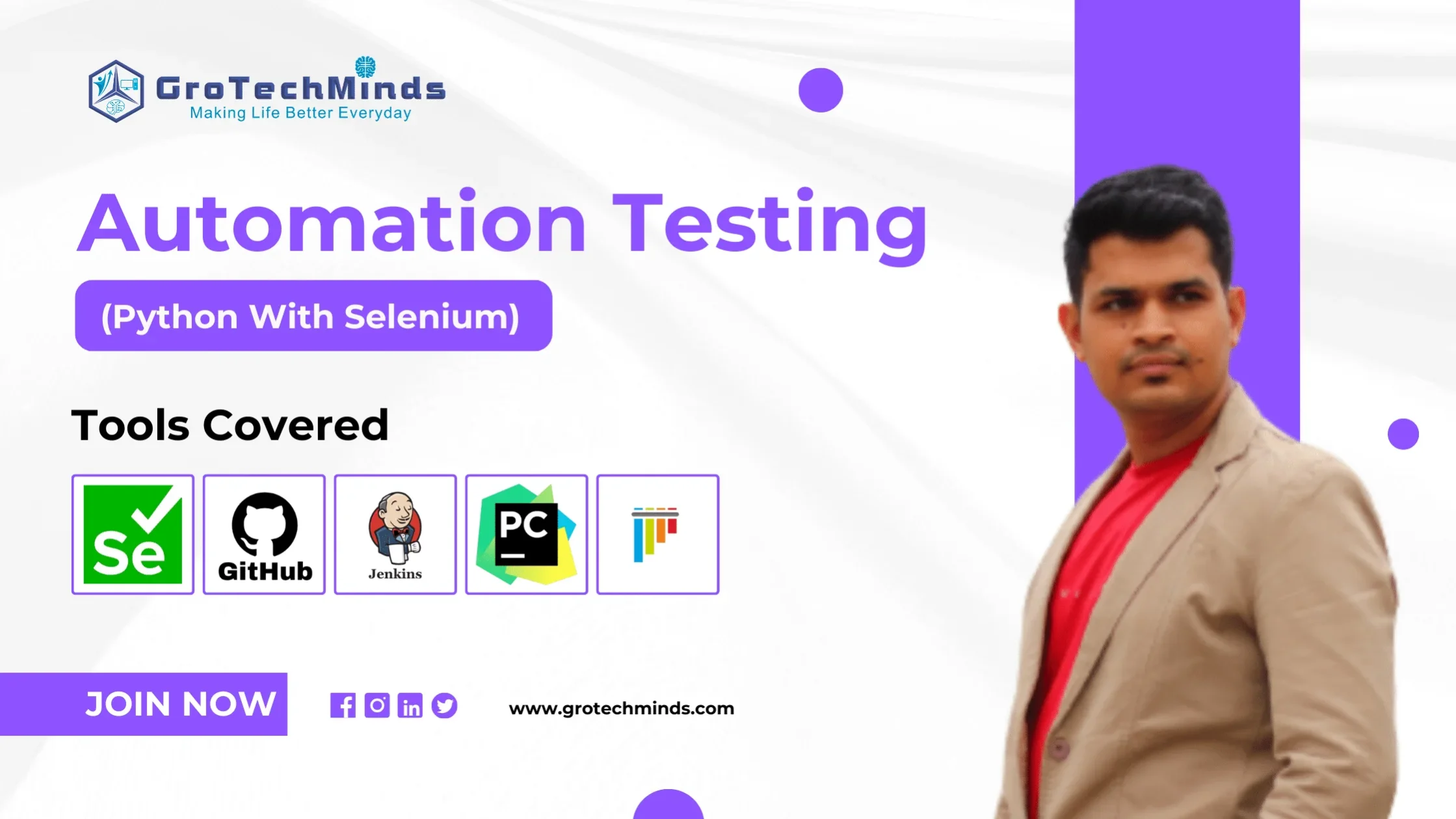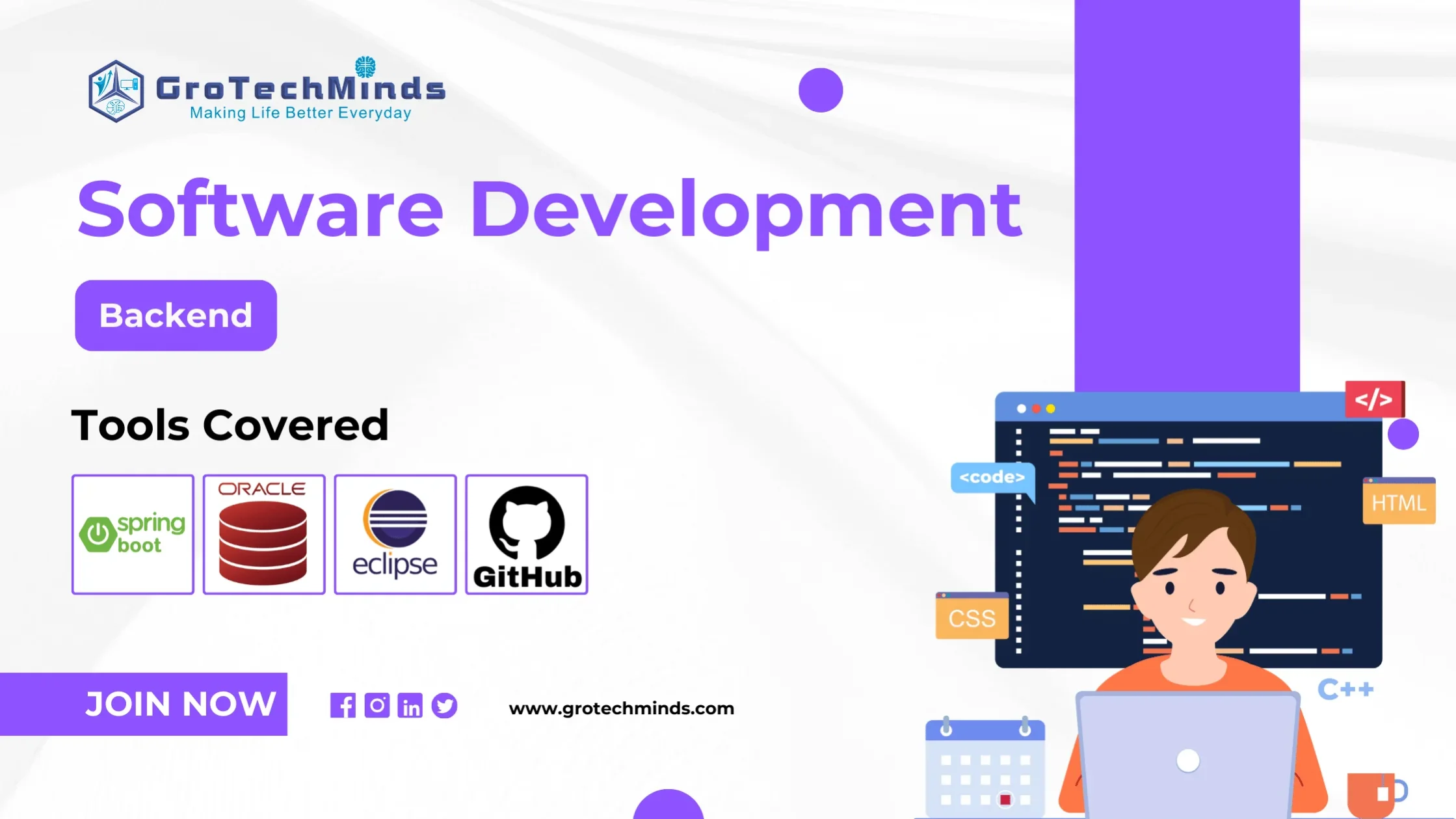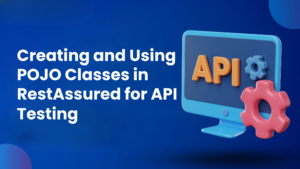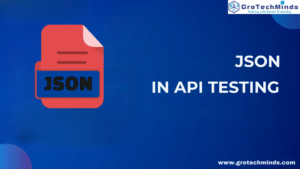
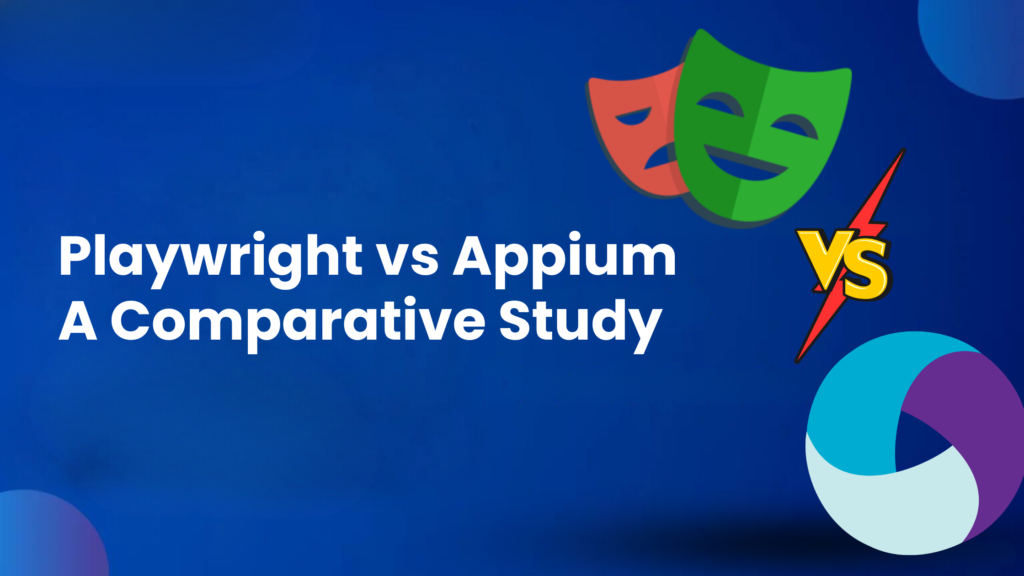
Playwright vs Appium: A Comparative Study
Introduction
Automation testing of software applications have been the most important part of Software Development Lifecycle. As the world is progressing the requirements of people are also increasing alongwith the complexity of software applications. To meet the increasing demands of customers and organizations new automation testing tools are being developed. Playwright and Appium are the two most commonly used test automation tools used for testing software applications thus ensuring that the applications meet the quality requirements and standards. In this blog we will be making a comparison between playwright and appium.
Playwright
Main Focus: Playwright is mainly used for automation testing of web based applications and supports browser automation testing.
Browser Support: Playwright is compatible with various browsers like Chromium, Firefox and Safari.
Cross Browser Automation: Playwright can run test scripts across different browsers one after the other thus supporting cross browser automation tests.
Faster Execution: Playwright ensures faster execution of test scripts due to its proper integration with browsers.
Headless Testing: It supports test execution across browsers in headless mode thus making it suitable to be used for Continuous Integration and Continous Deployment into pipeline.
Features: Playwright supports various features like network interception, taking screenshots and capturing videos of test scripts during execution.
Appium
Main Focus: Appium is primarily used for automation testing of mobile applications both Android as well as IOS based. It is also used for automation testing of desktop applications.
Cross Platform Testing: Appium is used for automation testing of various native, hybrid and mobile web applications on Android and IOS operating systems using a single API.
Language Support: It supports various languages like Java, Python, Ruby, JavaScript. etc.
Cloud Integration: Appium seamlessly integrates with cloud based platforms which is very important for executing tests on real devices.
UI Automation:It supports smooth interaction with mobile UI and used for automation of mobile specific activities like gestures etc.
Differences:
- Platform Support:
Playwright: Playwright is mostly used for automation testing of web browsers. It is compatible with Chrome, Firefox and WebKit browsers. Playwright is also used for automating mobile web applications through browser emulation and desktop web applications.
Appium: Appium is mainly used for automating mobile applications like native, hybrid and mobile web applications on android and IOS operating systems.It can also be used for automating desktop applications.It can be used in both real devices and emulators.
- Speed:
Playwright: Test execution is faster for web based applications as it interacts directly with web browsers. Playwright is also suitable for headless browser automation which speeds up the test execution.
Appium: Appium is slower for mobile based automation testing as it depends heavily on Webdriver component and it needs more network interaction between client and server. Automation testing of mobile applications can also be slower due to device specific communication.
- Tooling and Features:
Playwright: It has advanced features like network interception and multiple contexts. Appium: It only focuses on mobile based automation like touch gestures device based interaction.
- Community Support:
Playwright: Being a newer tool than appium it has rapidly gained popularity among automation testers.It is strongly backed by Microsoft and enjoys large community support with frequent updates and addition of new features. It seamlessly integrates with CI/CD tools like Jenkins, GitLab etc.
Appium: It is a well established tool with a huge base of users. Appium has been existing since many years and enjoys large community support but still it not an evolving tool compared to Playwright.
- Architecture:
Playwright: Playwright works by directly controlling browsers. It simulates browser interaction through DevTools protocol thus ensuring faster and effective browser automation. It is a Node-JS tool but supports other languages like Java, Python C# etc.
Appium: It follows client and server based architecture where server interacts with mobile devices using device specific protocols like UIAutomator for android and XCUITest for IOS. It can also be used in Selenium environment as it uses WebDriver.
- Ease of Use:
Playwright: Playwright is a developer friendly tool. The API is simple and advanced, developed for performing both functional and end to end testing. It has an easy setup and clear documentation.
Appium: It needs additional setup and configuration while automating native mobile apps. It can be effectively integrated with existing selenium test environments as it is a webdriver based tool. The mobile specific configurations like Android, IOS can also be used.
- Mobile Automation:
Playwright: It supports mobile based web automation by interacting with mobile devices in the web browser. It is not compatible with full native mobile based automation testing.
Appium: It is specially developed for automation testing of native, hybrid and mobile based applications.It ensures higher flexibility for mobile automation testing by supporting various activities like gestures, interaction with devices and platiform specific functionalities.
- Test Framework Support:
Playwright: It supports various test frameworks like Jest, Mocha. It also has inbuild test runners and can be effectively with advanced JavaScript test tools.
Appium: It can be seamlessly integrated with various frameworks like TestNG, JUnit, Mocha etc. It is also integrated with Selenium based tools thus making the test setup flexible and complex.
- Cross-platform automation:
Playwright: Mostly used for automating web applications and can also be used for automating mobile based web applications by mimicking mobile specific conditions in the web browser. It does not support automation testing of full native mobile applications.
Appium: Supports complete cross platform mobile automation testing which includes android and IOS operating systems for native and hybrid applications. It is especially developed for automating mobile applications and has been proven as an effective tool for mobile based automation testing.
- Parallel Testing:
Playwright: Playwright supports parallel automation testing across multiple platforms and devices by simultaneously executing tests across browsers and devices. It also works effectively with cloud devices like BrowserStack, GitHub Actions etc.
Appium: It also supports parallel testing but set up process can be more complicated due to management of multiple devices and platforms. Using Appium Grid tools can help to effectively manage multiple devices and platforms.
Conclusion:
If the motive is for automation testing of web applications especially for parallel and cross browser automation then playwright should be used.Remember to practise, stay updated with the latest trends in Python with Playwright Course,and maintain a positive attitude throughout your interview process. If the focus is for automation testing of mobile applications across android and IOS operating systems then appium should be used even though it needs more setup and configuration.
Also read:
Consult Us



